Imagine waking up to a low, guttural roar. Still sleepy, you turn around and turn on the light. There's a tiger in your room, fangs bared, ready to pounce on you, rip your throat open, and splatter your blood all over the room. are you still sleepy?
No way. Your blood pressure is through the roof in a split second, your heart is racing, your pupils are dilated, adrenaline is rushing through your body, your muscles are flooded with blood and your hands are sweaty. This stress makes you ready to fight - or run away.
Okay - this scenario is unlikely to happen to you unless you're one half of an infamous Las Vegas magician duo, or a wacky ex-pro boxer who also lives in Las Vegas (Seriously, Leave the Tigers in the Jungle , People!). But if you're over 16 and have a regular job (like all of you out there), there's a good chance you're giving yourself such an uncomfortable wake-up experience every day.
What the hell am I talking about?
What does caffeine have in common with tigers?
Caffeine acts as a stimulant in the human body by increasing the activity of the central nervous system and sympathetic nervous system. The latter is usually associated with stress and the so-called "fight or flight" response to threats.
The reason you feel awake after drinking a double espresso is because the caffeine in coffee increases sympathetic nervous system activity. Your heart beats faster and harder, your blood circulation is stimulated, your pupils dilate and your hands start to sweat - in short, you are stressed. Since caffeine activates your sympathetic nervous system, it basically has the same effect on your physiology as a tiger standing in your room ready to lynch you. The double espresso gets you ready to fight or run away from the beast. That's hardly the state you want to be in right after waking up, is it?
What is caffeine and where does it come from?
Caffeine can be extracted from the leaves and fruits of a variety of plants, such as coffee, tea, mate, guarana, and even cocoa. Many common household foods and drinks contain caffeine, e.g. B. chocolate, soft drinks and energy drinks. Caffeine is also found in some over-the-counter medications, such as cough syrup and diet pills.
Why do we do this to The benefits of caffeine consumption..
Caffeine would hardly be the world's most consumed drug if it didn't have benefits too. The most common reason people consume caffeine is to stay awake despite being tired, for example in the office (coffee and tea) or when going out (energy drinks). However, over time, caffeine becomes such a habit that we don't even know why we want it, it just becomes part of our routine. A cup of coffee first thing in the morning!
Caffeine addiction is real!
Of course, we rarely speak of a true physiological addiction, but that is precisely the diagnosis. Similar to the excuses smokers use, we downplay HOW addicted we are. "I don't need coffee - I just want it", "I'm not addicted, I just love the taste". HAHA. I believe that most people continue to use caffeine simply because they have started. Just like smoking. Of course, the downsides of caffeine addiction aren't as obvious as lung cancer, infertility, and amputated legs - but that doesn't mean there aren't downsides to constantly chugging on caffeine and constantly skyrocketing your stress levels.
The disadvantages of regular caffeine consumption
Caffeine has a number of pharmacological effects. Small doses of caffeine can help you feel energized and focused. However, in high doses it makes you stressed, jittery, restless and anxious and will certainly make it harder for you to fall asleep. In addition to adrenaline, caffeine also increases the release of cortisol, the notorious stress hormone. Despite these negative effects, it is common, especially among office workers, to consume too much caffeine, which can lead to a number of health problems, particularly in terms of mental health and well-being.
depressions
Caffeine consumption can worsen anxiety and depression.According to a study published in 2016 found that higher caffeine consumption was associated with higher weight, poorer school performance and an increased risk of depression in 234 Korean students. Using the Beck Depression Inventory (BDI), the Beck Anxiety Inventory (BAI) and the Insomnia Severity Scale (scale for the severity of insomnia), the connection between caffeine consumption and negative consequences was examined. The study even went so far as to declare caffeine unsafe for teens..
headache
OneStudy from 2004 found that caffeine consumption may be a risk factor for persistent daily headaches, regardless of the type of headache.
upset stomach
Caffeine increases the secretion of gastric acid, which can lead to stomach upset or heartburn.
insomnia
Caffeine consumed three to six hours before bedtime can severely disrupt sleep. Caffeine can reduce easily measurable total sleep time by more than an hour when consumed up to 6 hours before bedtime.
sleep cycle and concentration
Caffeine can disrupt your sleep pattern not only on the day you consume it, but also overall. Sleep deprivation is cumulative, and even tiny nightly reductions over a long period of time can add up to problems with daytime alertness and functioning.
Lower perception of sweetness
In a 2017 Cornell University Food Institute study Caffeine has been shown to decrease our natural ability to perceive sweetness in food or drink. This leads to a massive spike in sugar consumption for most coffee drinkers, as high doses of sugar just "fly under the radar" and don't appear nearly as sweet as drinking the same amount of sugar stirred into a glass of warm water, for example.
Switch to cocoa for a stress-free morning
Cacao is a great alternative to coffee, tea, and energy drinks in the morning because it's very low in caffeine and still keeps you focused and alert. In addition, cocoa tastes fantastic and offers a real aromatic highlight in the morning, just like you are used to from coffee.
90% less caffeine than coffee
A cup of pure cacao liquor (prepared with 1 sqour 100% pure cocoa bars) contains only about 10% of the amount of caffeine found in a cup of filter coffee. So when you switch to cocoa, you don't have to go cold turkey right away, you can still get some caffeine into your system to quench your brain's cravings.
Tip for real junkies: replace every other cup of coffee to achieve normal caffeine levelsen
If you can't or don't want to quit drinking coffee entirely (I'm one of those cases myself), introducing cocoa into your arsenal of hot beverages is guaranteed to reduce your caffeine intake to a manageable amount. Personally, I've reduced my coffee intake from 8 cups a day at my old job to 1-2 cups a day, breaking the downward spiral of full-blown caffeine addiction. I now count myself as a pleasure drinker"..
I drank while writing:Virunga from DR Congo🇨🇩
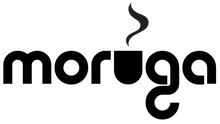





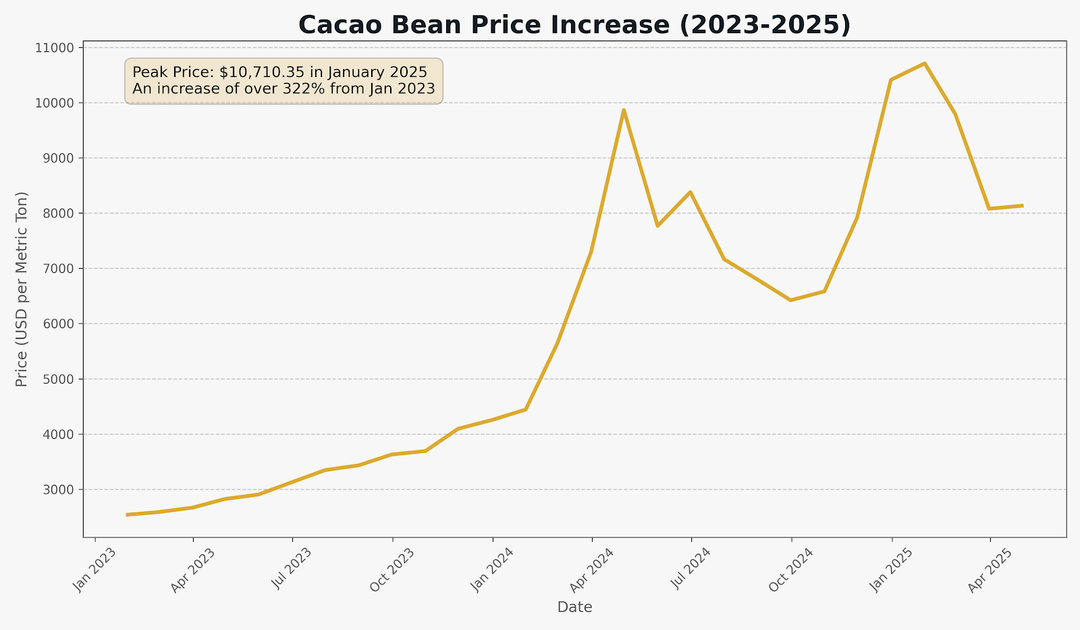
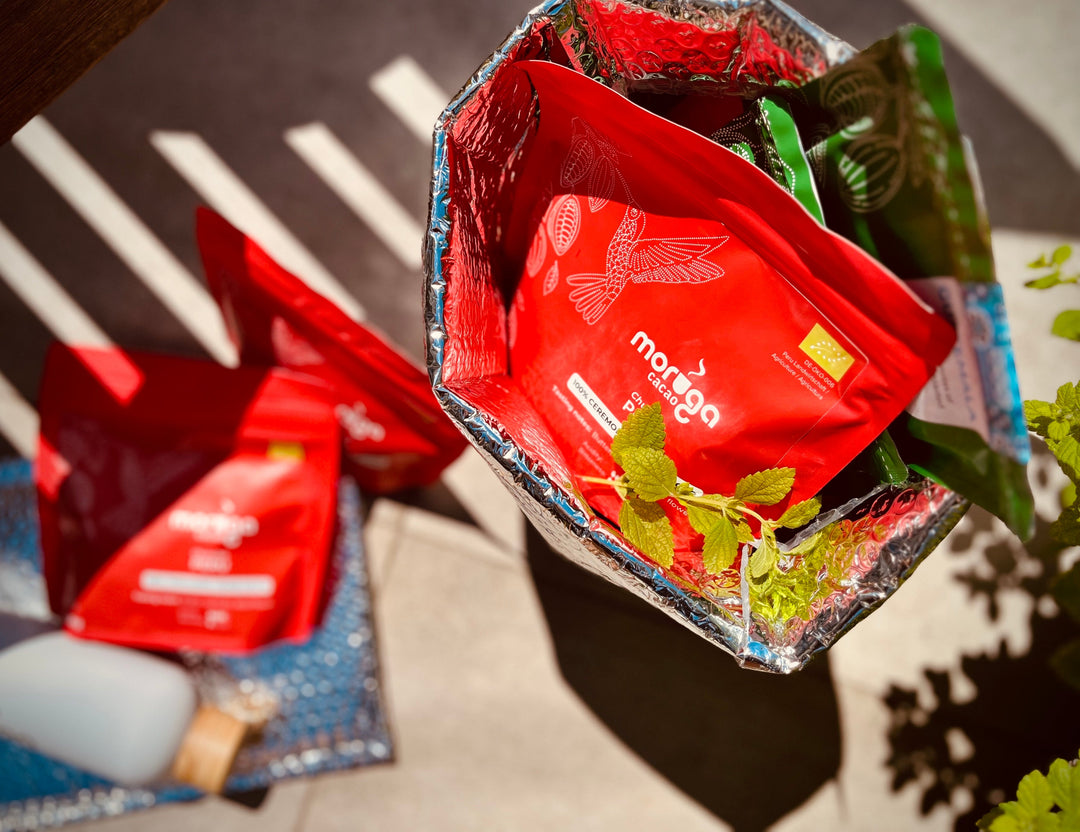
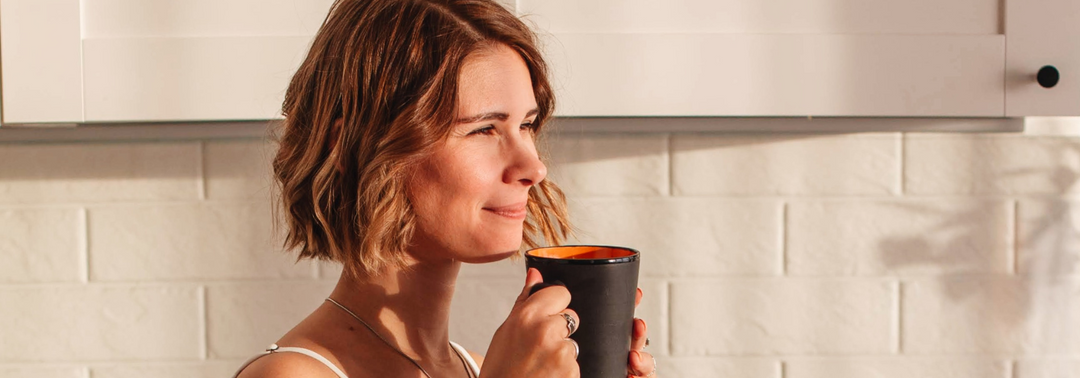
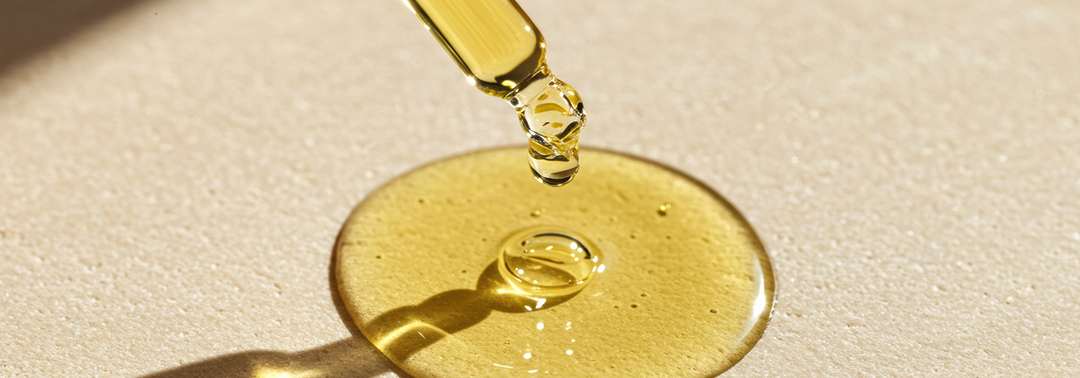
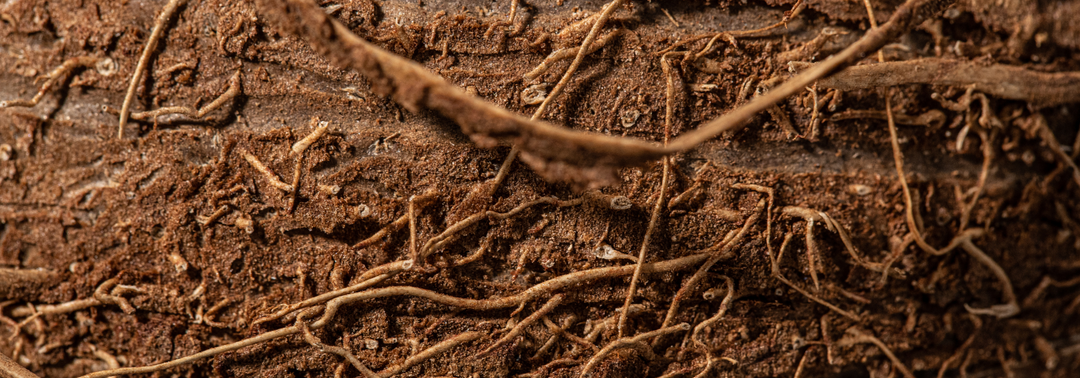
Hey Helmut,
freut mich, dass du mit Zichorien- und Lupinen-Pulver eine Alternative für Kaffee gefunden hast! Die trinke ich auch manchmal, wenn mir nicht nach Kakao ist :)
Ich ersetze den Kaffe durch Getreidekaffee, Zichorien und Lupinen Instant Kaffee. So komme ich auf meine 2 Tassen normalen Kaffee und nicht auf 6-7 Tassen. Ist ein guter Ersatz da er ein bisschen nach Kaffee schmeckt und mit einen Löffel braunem Zucker und ein Löffel Schlagobers ein echter Genuss ist.
Leave a comment